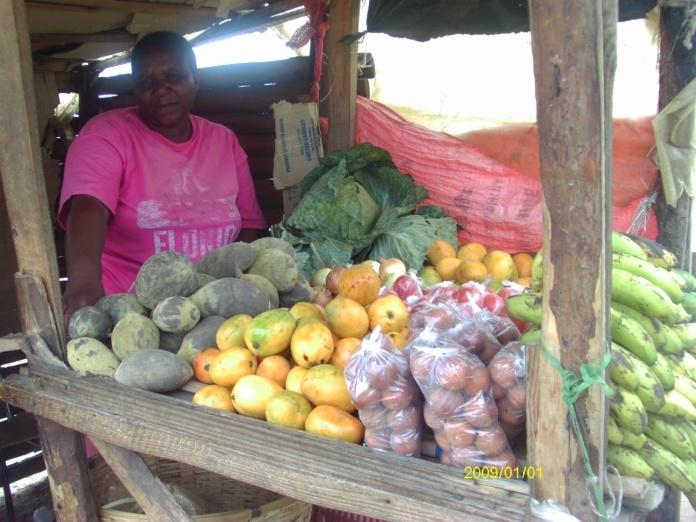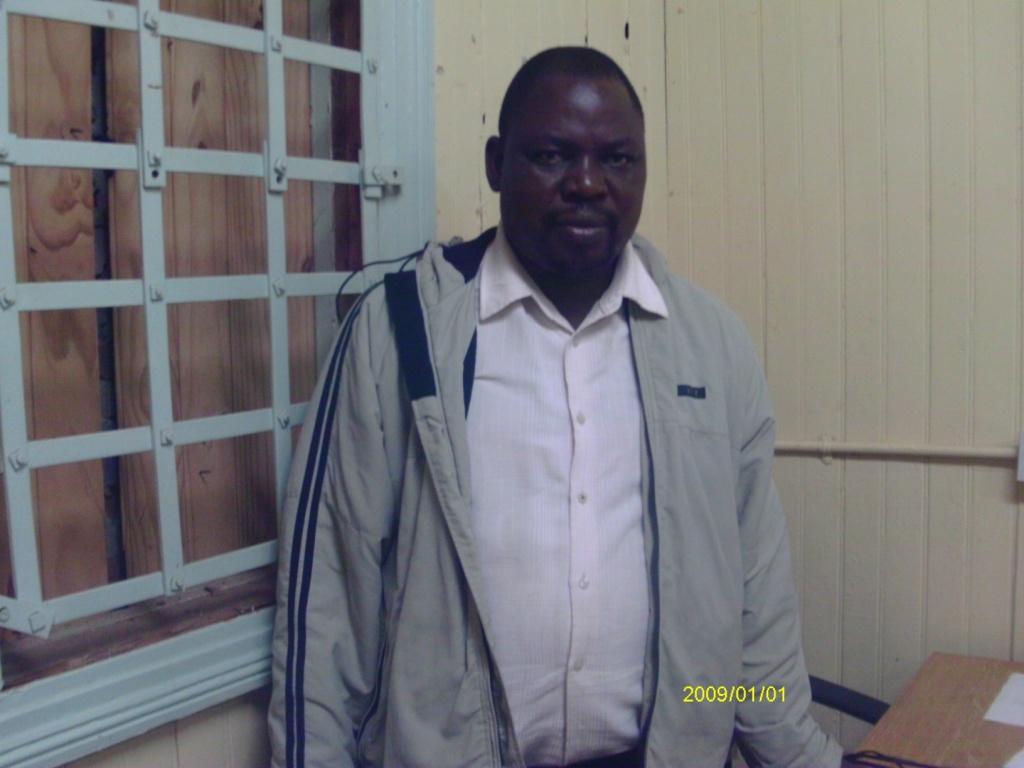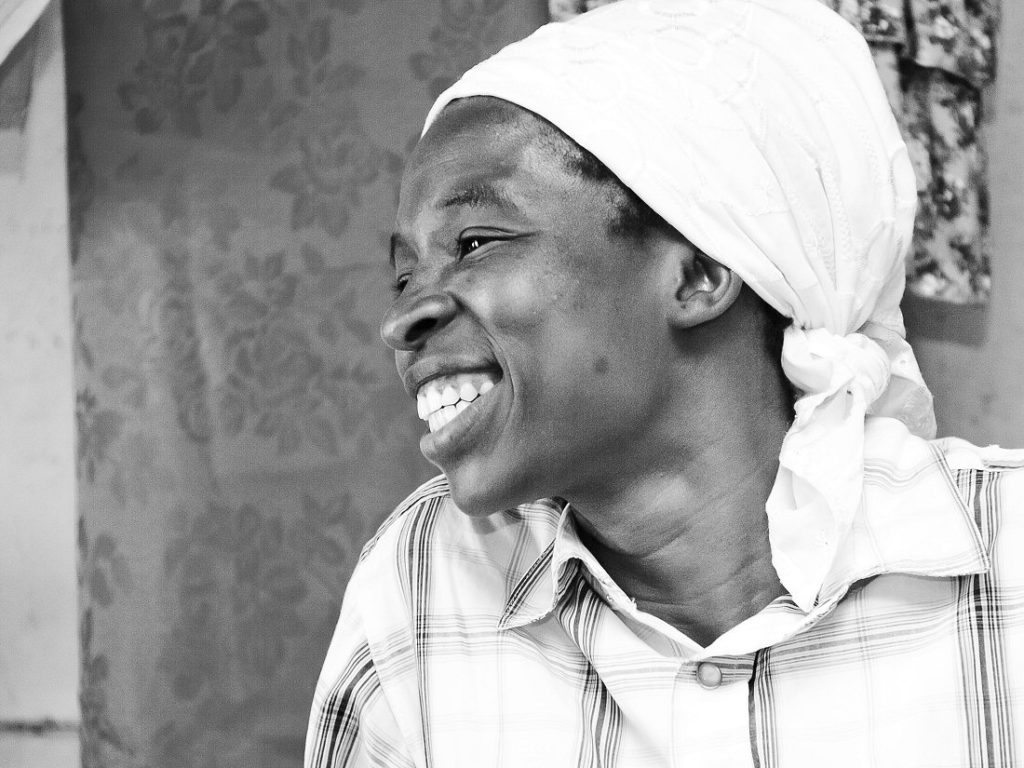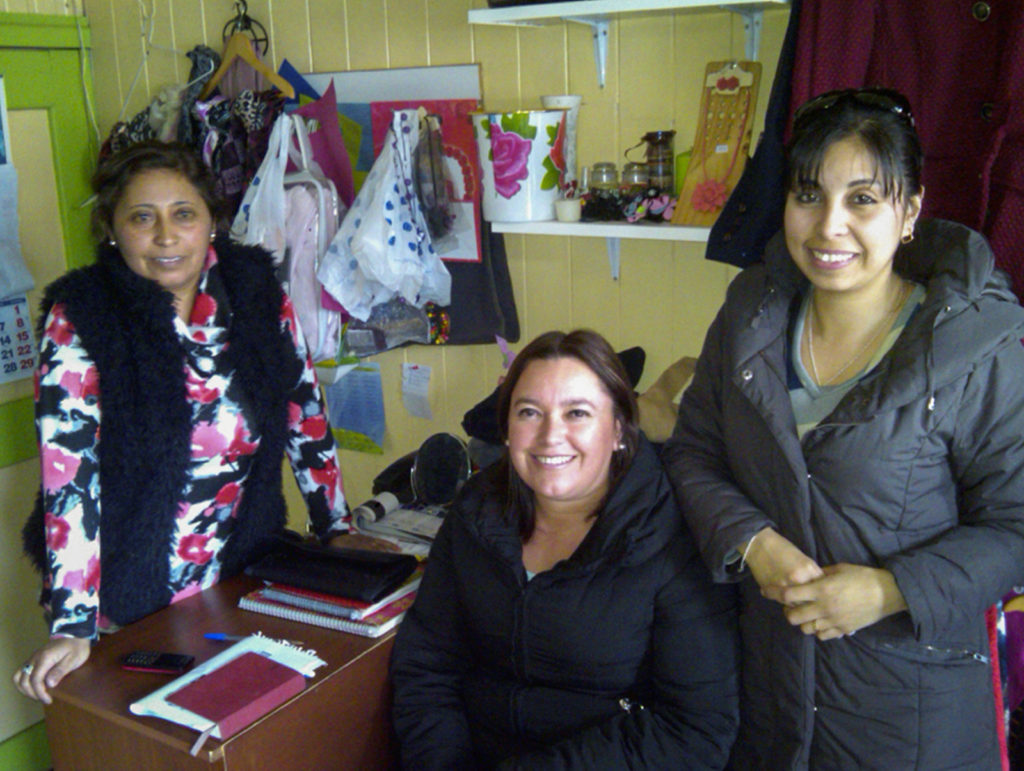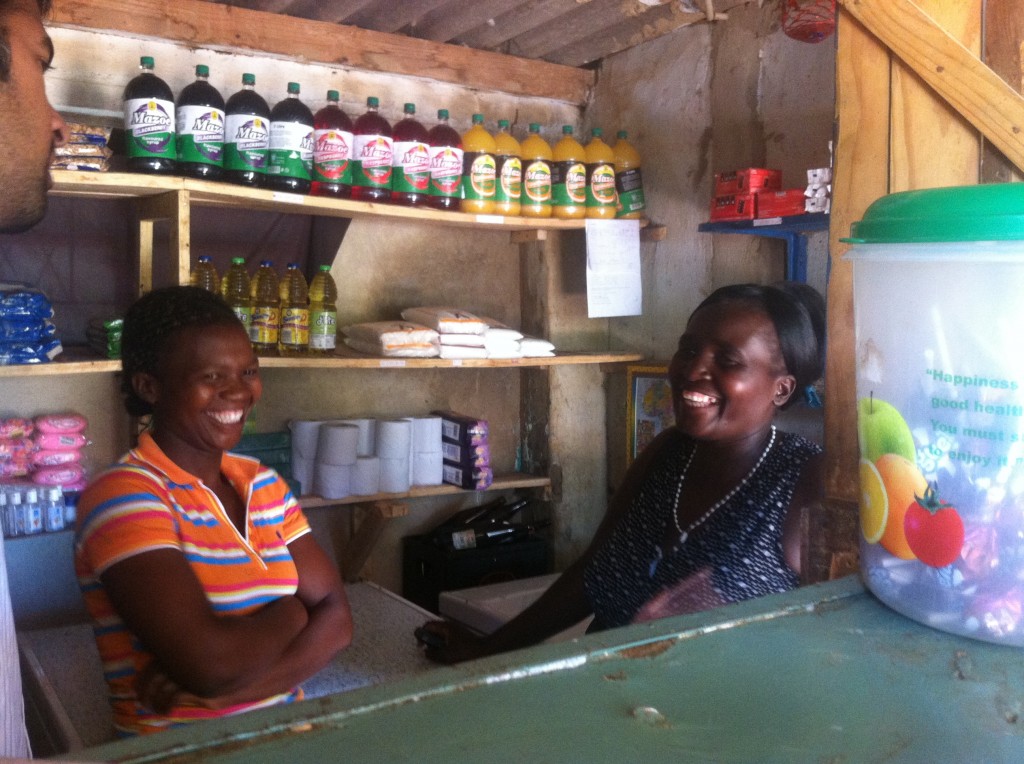When Prudence and her SKImfi group members gather for business meetings, they begin each session with a chant: “High high, it lifts you high. SKImfi lifts you UP!” Prudence K., a 30-year-old mother of three, launched an electrical supplies business after attending a Selection, Planning and Management workshop with SKImfi Zimbabwe.
She accessed a $100 microloan through SKImfi to open the doors. She sells radios, television sets, cell phones, and has recently begun importing solar panels and batteries from South Africa. Through profits from the business, Prudence buys better food, clothing, toys, and medication for her family.
“I am now proud to associate with other people in the community, as I look very presentable and I am confident in whatever I do,” she says.
Now, Prudence decides how to spend money without her husband’s permission, and she feels that he respects her more because of her independence. Not only does she provide for her family, but she also supports philanthropy in her community. In April, she donated five 12-foot asbestos roofing sheets to her church. Her charity also extends to a widow living at the church, whose welfare Prudence contributes to.
“I hope to do more as my business grows,” she says.
Prudence struggled to provide stable resources for her family before this business venture. Married at 18 years old and unable to pay college tuition fees, a job was impossible to find. Her husband left for South Africa to look for employment while Prudence was seven months pregnant with her third child, but he was unsuccessful. She says her own mother was her inspiration for starting her business.
“I thought how mother had succeeded in sending us to school through buying and selling anything that had demand,” she says. “She is my inspiration, a strong woman who always hopes for better things. She is still doing business, and now my younger sister and brother are at university. If it had been my father’s choice, we would have not gone to school, especially us girls.”
Prudence attributes her business’ success to the SKImfi team’s training sessions and to the program’s low interest rates. Before she learned of SKImfi, she was faced with exorbitant interest rates from private money lenders, and, with no collateral to guarantee repayment, she couldn’t secure a loan from local banks. Now that her business is steadily building capital, she will not need another loan until she is ready to further expand her business.
“My vision is to become a major supplier of hi-tech goods,” Prudence says. “I will work to buy a house for my family and a pick up truck for my business. I will work to thank my mother for sending me to school.”




